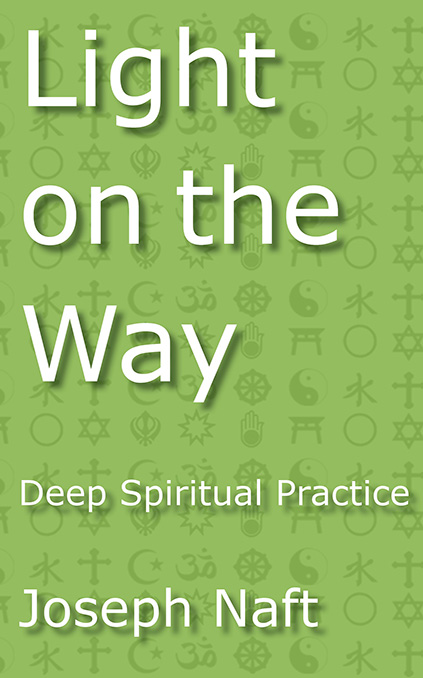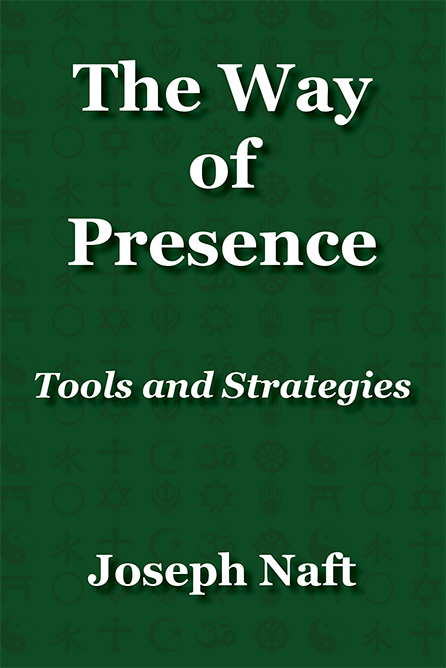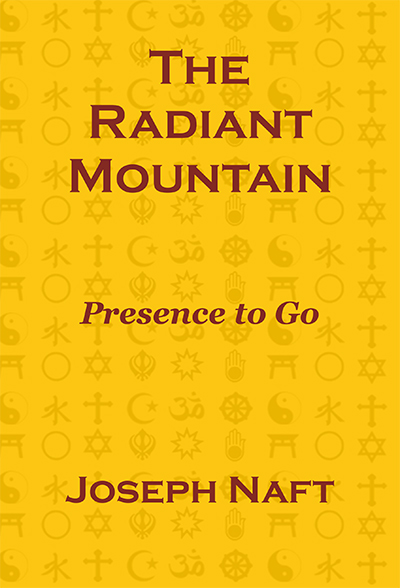|
|
Inner
Frontier Fourth Way Spiritual Practice |
|
Inner Work For the Week of May 6, 2024
Toward the Sacred SunImagine that you are well into a session of silent meditation. What is there? Some sounds perhaps. The sensations of your body, sitting, breathing, and pulsing, surround you. Your emotions are quiet, at peace. Your thoughts have slowed way down and are not as loud as usual. At times your thoughts stop, and whatever thoughts do arise do not disturb the silent awareness surrounding you. What else is there? Now comes the overlooked matter: you. You are the one who is aware of all this. You are in the middle of all this. You overlook yourself simply because you cannot turn around to see the one who is looking. Your physical eye cannot see itself. It can see a reflection in a mirror, but that is external, that is seeing the reflection, not the eye itself. Same thing for you, for your true inner self that we call I. You see. Your I sees. Your I is the receiver and director of your experience. You, your I, is the force at the center of your life. But you are almost always ignored, as you focus outward, on sights, sounds, sensations, thoughts, and emotions, maybe even on awareness, on consciousness itself. Yet we do not focus on the one who is focusing, because we cannot. However, we can be ourselves intentionally, be the one who is focusing, who is experiencing, who is directing our attention, and who is choosing. We can be the one who thinks our intentional thoughts. Back in the silent meditation: after we settle into our body, into the silence, we then settle into ourselves, into being ourselves, into our core, into being the one in the middle, experiencing all this. We are not the awareness; we are the one who is aware. And we stay with that, stay ourselves. The more we practice being our I, the more substantial we become. It is as if we become weightier, a growing heft in the inner space we occupy. But some might argue that according to the Buddha there is no self. This is where it gets even more interesting. The Buddhist no-self holds true on at least two levels. The first is the level of our personality: a loose amalgam of all these patterns of thought, emotion, body, memories, and desires that, taken together, convince us that we are the "I" that our automatic thoughts refer to. With sustained practice and careful looking, we come to see that this I of personality is an insubstantial house of cards, upon which we have mistakenly conferred an identity, our identity. Our personality "I" is not a self, not our self. On the second level we come to the real I of our core, the one who experiences, directs, and chooses. With practice, this I, we, gain substantiality, becoming more and more real. Yet the Buddha's and other spiritual teachings point to our ultimate emptiness. What is going on here? I experience my inner weight, my heft. It, I, seem more real than anything else. The substance of our I is not made of atoms and molecules, like our bodies. It is made of will: the ability to choose, to notice, to direct, to experience, to understand, to wish, to hope, to love, to act, and to distinguish right from wrong. This is our force. This is what we are. Yet somehow this is not our ultimate identity, not the ultimate. We have intimations of that in certain special moments: moments of awe, moments of deep prayer, moments that transcend both our usual life and our core sense of self. But outside of those moments, in our meditative state of depth as our I, we feel like ourselves, complete and whole. Nothing lacking. That is the challenge of this level. The completeness and wholeness we experience are not really our own separate self. They flow from the completeness and wholeness of the Sacred, of which we are each a particle. This calls us to sacrifice our deeper sense of separateness to open to the Sacred, to the Sacred in all of us, to let the Sacred live in us, as us. This purification takes practice: letting go of any vestiges of identification, heartfelt contemplative prayer, dropping our boundaries, and a fundamental wish for the Higher, for true completion, for the Unconditioned. Little by little we grow more porous, warmer, more compassionate, more universal, emptier, and even more substantial. Our emptiness here makes room for the Will of the Sacred, which cannot be described as empty or full or both. It is the nature of Will to be beyond words and description and substance. We can see this at our own scale, in our own will, in our own I: both substantive and empty, yet neither. Just as at the first level, our challenge is that we turn our back on our Self, on our real I, at the second level we are turning our back on the Sacred. Yet that inner substantiality we feel, our inner weight, is ineluctably attracted to and drawn toward the vast weight of the Sacred Sun, by the force of spiritual gravity. In contemplative prayer, we let go of our resistance and allow that pull to act on us, allow ourselves to fall toward the Sacred Sun. For this week, please explore your own I, this mystery at the center of our life. |
|
|
About Inner Frontier Send us email Copyright © 2001-2024 Joseph Naft. All rights reserved. |








